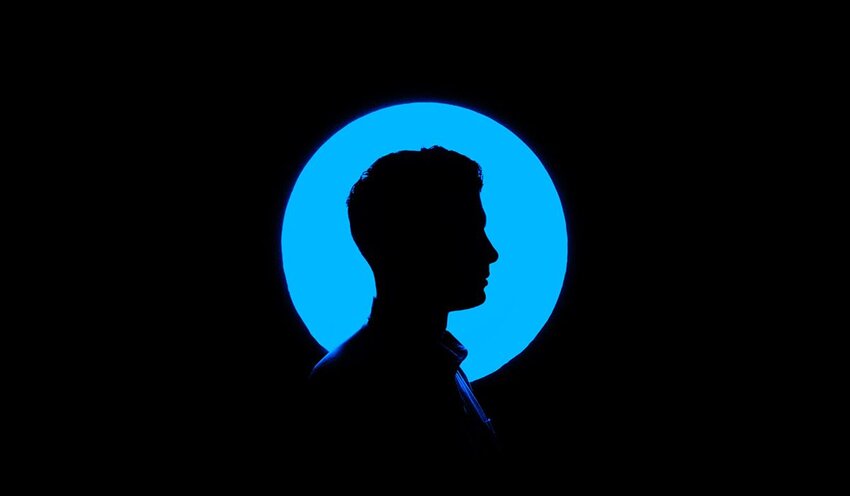You may encounter these disconcerting moments from time to time — instances where you walk into a new situation and find it oddly familiar despite never having experienced it before. This common phenomenon is called déjà vu, French for “already seen.”
At its opposite is a slightly less common phenomenon — jamais vu, which translates to “never seen” in French. It's when you’re in a familiar situation but suddenly feel as if you’re experiencing it for the first time. This could happen with a certain place, an action, or even a person. Your sense of knowing disappears despite recognizing that something has occurred before.
Imagine, for example, that you’re driving to work or to your favorite shopping spot. You turn down one lane and suddenly find yourself momentarily at a loss — “Am I supposed to turn right or left next?” you wonder, even though you’ve driven this path so many times it’s muscle memory now.
At other times, you may find yourself forgetting certain details — blanking out, or unable to remember a name you use every day. It’s that frustrating “tip of the tongue” feeling where you just can’t get the words out. These floundering moments that leave you bewildered, blindsided, and questioning your memory are perfect examples of jamais vu.
You’ve Experienced Jamais Vu Without Knowing It
If you think you’ve never experienced jamais vu, think again. Pick a word — “shampoo” — and repeat it 15 to 20 times. Does it sound odd? Does it sound fake? Has it lost all meaning? Logically, you know what shampoo is, but it becomes an unfamiliar term as you repeatedly voice it aloud.
In 2006 a study conducted by cognitive neuropsychologist Chris Moulin induced jamais vu in his study participants with this word repetition method. In the experiment, 92 volunteers wrote the word “door” 30 times in one minute. Sixty-eight percent reported symptoms of jamais vu as they began to doubt the reality of the word. Moulin went on to relate the brain fatigue with schizophrenia, likening the mental illness to a chronic and extreme form of jamais vu.
It might be easier to understand it as a glitch in the system. When you experience jamais vu, you may try to reason with yourself that the situation should be familiar, but there’s a hiccup. The part of your brain that’s supposed to be processing and logging the information, connecting it to past experiences, isn’t responding in kind, leaving you wondering how to react.
If you experience this sensation on a few rare occasions, don't worry — it's completely normal. If this bewildering feeling starts to happen more regularly, consider a visit to your doctor. Jamais vu can also describe symptoms of certain neurological conditions.
At the end of the day, jamais vu, like déjà vu, is a tricky phenomenon to explain, but still a normal human occurrence. The next time you pause, bewildered, during a summary of your favorite movie, or briefly panic over which turn to take while on your evening jog, remind yourself it’s probably just a moment of jamais vu.
Photo Credit: Ben Sweet/ Unsplash

